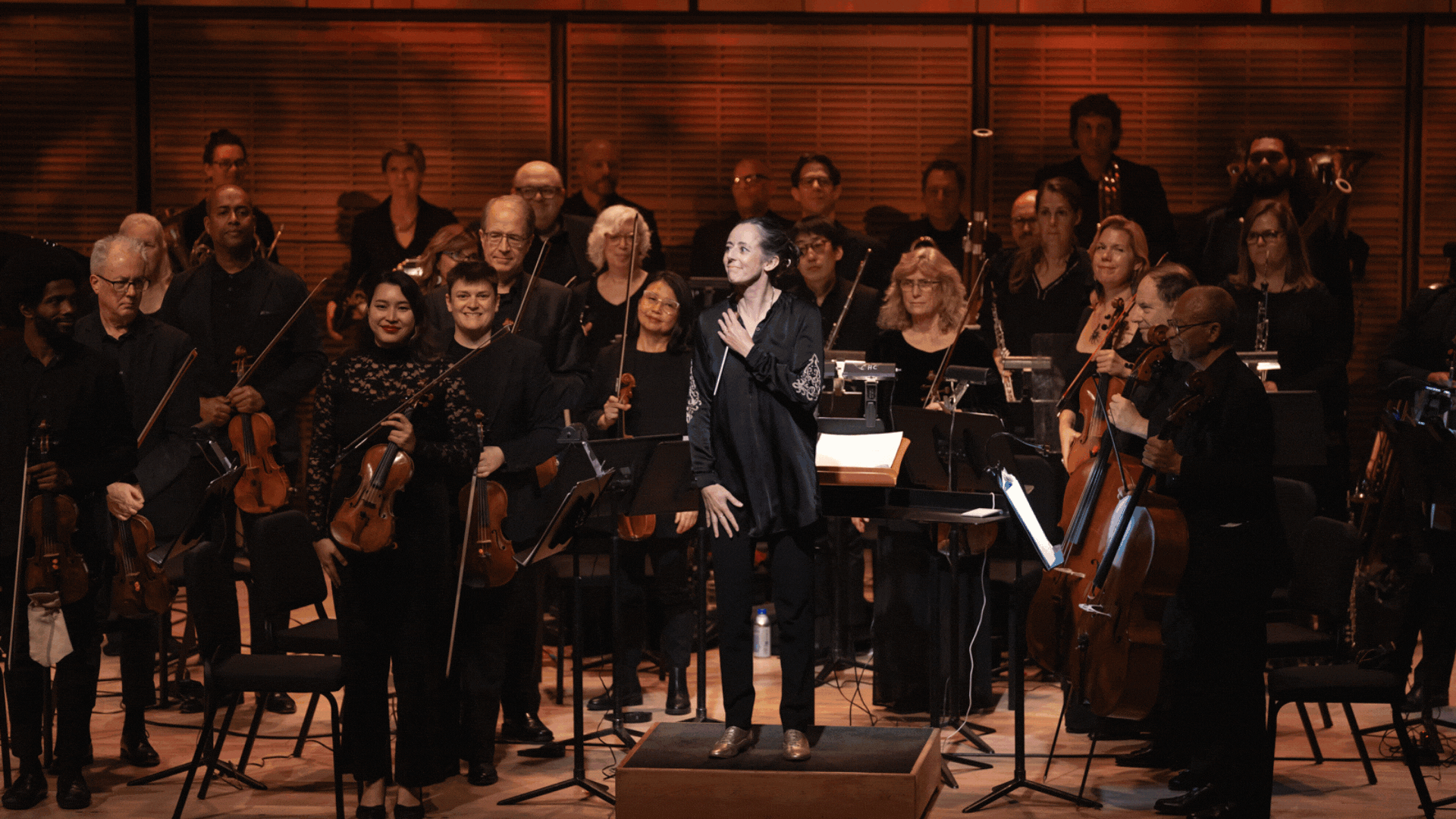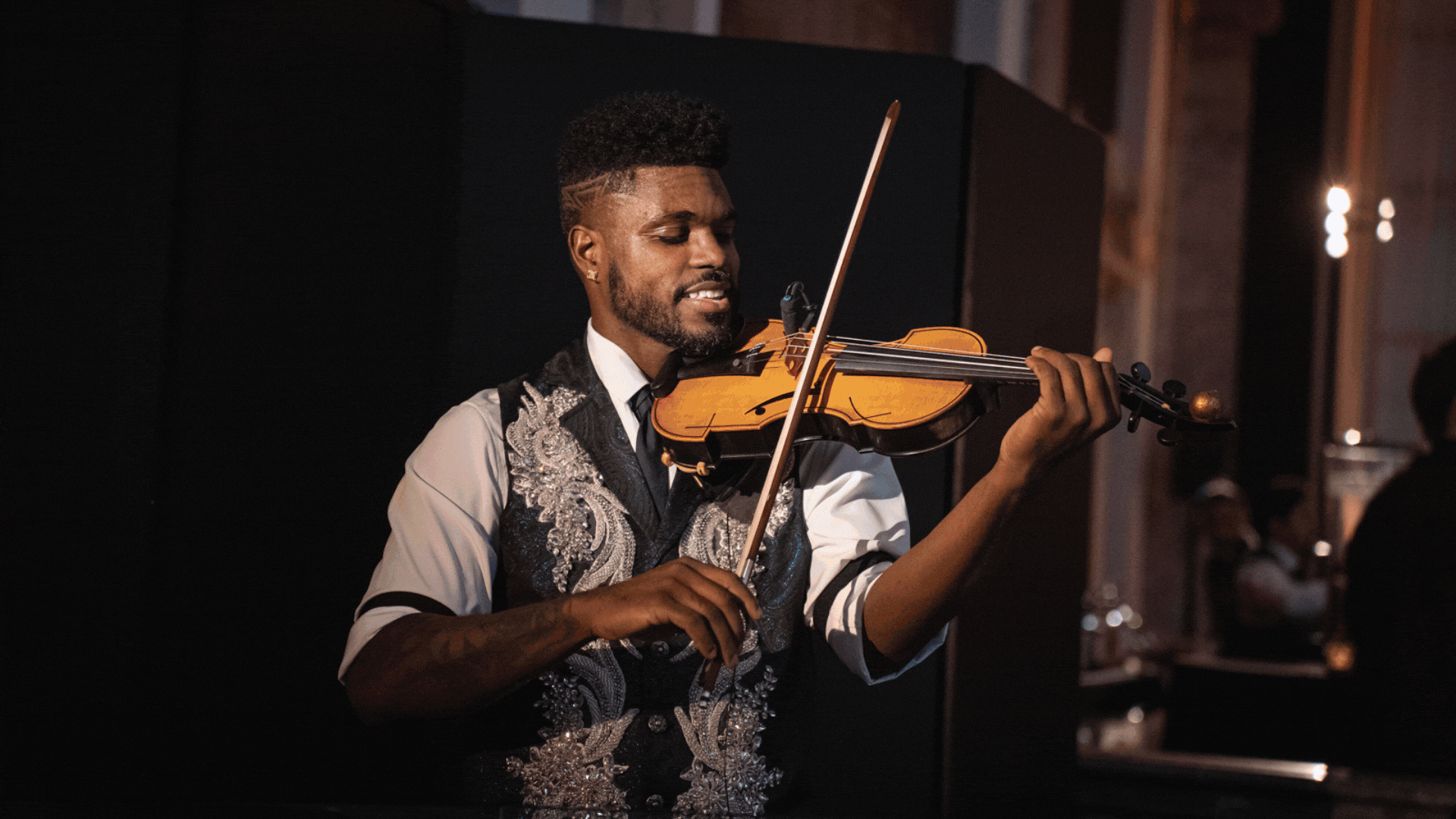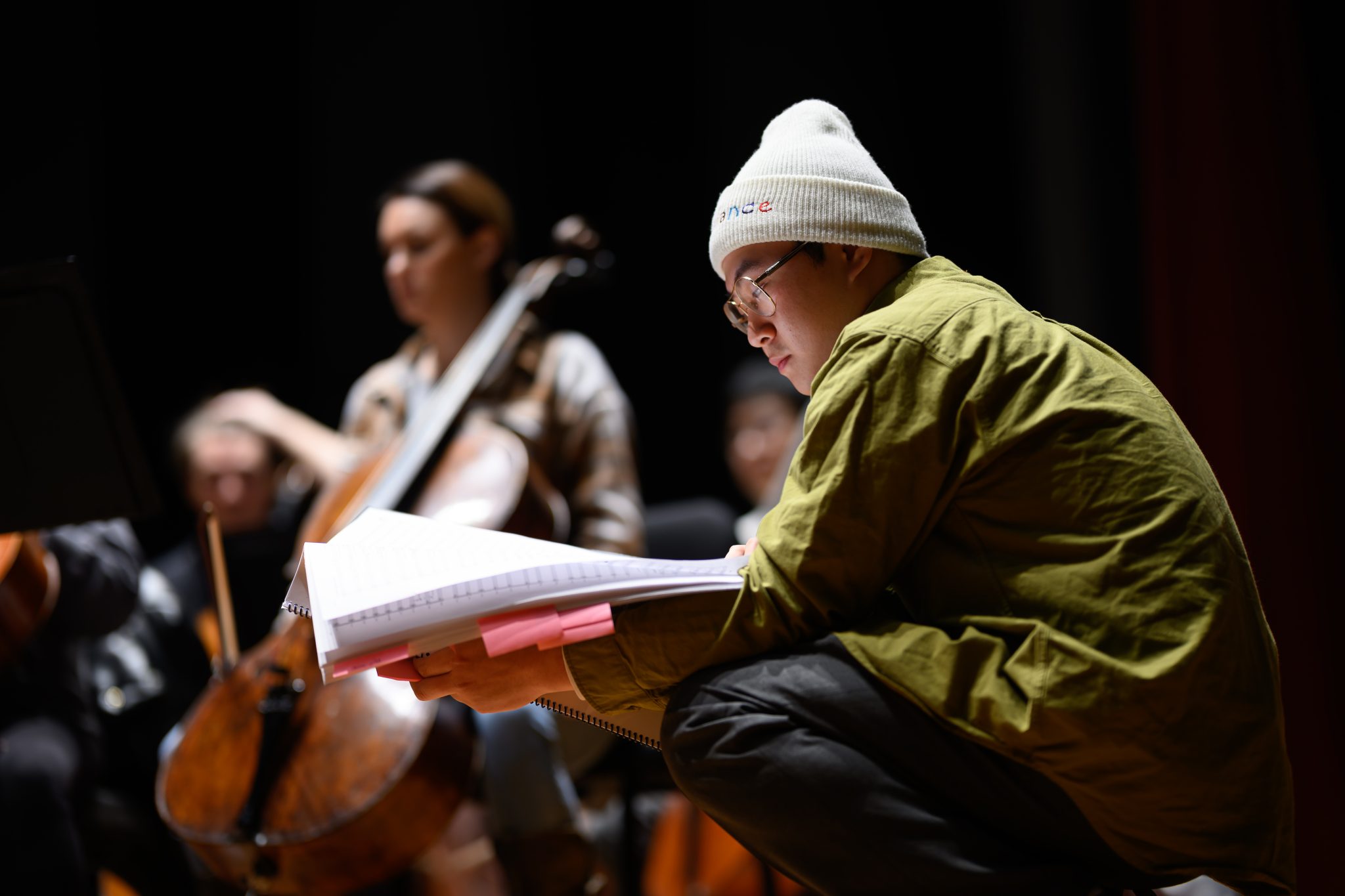Underwood New Music Readings - Composer Spotlight: James Diaz
New York-based composer James Diaz (b. 1990) is the winner of the 2015 National Prize of Music in Composition by the Ministry of Culture of Colombia for his Concerto for Percussion Trio and Orchestra, Saturn Lights. As winner of the 2014 Prize of Music in Composition for the reopening of the Teatro Colón, his orchestral piece Eclosion was premiered by conductor Claudio Cruz and the National Symphony Orchestra of Colombia and recently has been recorded by the conductor Cecilia Espinosa and the EAFIT Symphony Orchestra for the upcoming album, New Colombian Music for Orchestra. Diaz has also won several competitions for his chamber and wind ensemble music, including the 2015 Coral and Symphony Composition Award by the Bogotá Philharmonic, the 2013 Composition Prize of the International Winter Festival of Campos do Jordão for his string quartet Dynamics of Meteorite and the XV National Award for Musical Composition City of Bogotá by the Bogotá Philharmonic for his work Iron Curtains. Diaz studied composition with Moisés Bertrán, Harold Vázquez and Gustavo Parra at the National Conservatory of Music, where he received his B.M. in Composition in 2015. He was a two-time Composition Fellow at the International Winter Festival of Campos do Jordao, Brazil; and is currently pursuing an M.M. in Composition at the Manhattan School of Music, where he is studying composition with Reiko Fueting.
James’ piece From Infinity was selected for the 2017 Underwood New Music Readings where it will be workshopped and read by American Composers Orchestra and maestro George Manahan. James spoke to us about the readings and his piece.
Rehearsals, workshops, and final readings are free and open to the public on June 22 and 23 at The DiMenna Center for Classical (450 West 37th Street, NYC). RSVP here

Composer James Diaz
American Composers Orchestra: What was your reaction to finding out your piece had been selected for the Underwood New Music Readings?
James Diaz: I remember that I was in class when my wife emailed me that someone from the American Composers Orchestra had called, suddenly my hands started to shake. As soon as I finished my class I called back and I was informed that I had been selected, I thought I was in the middle of a dream, but it was very real. Being selected in this program is a huge honor for any young composer, it is a reward for many days and nights of time I invested.
ACO: Can you talk about your compositional process for From Infinity? Did you start with a broad picture of the piece, or with smaller gestures? At what point did you begin to make decisions about the orchestration?
JD: I always need to have the whole form of the piece in my mind, or at least the overall concept of the form. I worked on From Infinity for nearly one year. The main ideas were created while I was in Bogotá but right after I moved to NYC I reordered the structure and also I reorchestrated some parts, particularly the end and the center.
For me it's impossible to consider the composition and the orchestration as different aspects. I usually compose directly to the full score because many of principal ideas are essentially colors and gestures, for that reason the orchestration is always in my mind during the process of composition.
ACO: You biography states that you are considered one of the most representative young composers from Colombia. What do you think makes your music distinctively Colombian?
JD: Honestly, I do not know. However, I strongly believe that everything around us defines us. Colombia is well-known for its ecological, geographical and biological diversity and also for its very different sorts of cultures, etc. In others words, as a Colombian I have been exposed to many contrasting factors, which have or have not impacted my musical language and artistic interests.
ACO: What are you doing to prepare for the readings? Are there any changes you are making to your piece?
I try to be very rigorous with every single detail in the score. On the other hand, this is going to be the first time I am going to hear my piece live. Also, considering that generally I incorporate Indeterminacy in my music, there are some sections that will be new even for me, so I do know that I'll change some things after the readings.
ACO: What do you hope to gain from the readings?
As I mentioned before I have been imagining this piece for a long time, but my imagination has some limits. Although theoretically I can imagine what could happen, I am not 100% certain of the real sonic impact. For that reason this opportunity is so important for me – the contributions are unlimited, not only for the all-musical experience that we will gain but also because meeting the teachers, the orchestra and the staff is an incredible privilege. They all will play an important part in our compositional learning. Their life and professional experience, their music background and knowledge, definitely will impact on our lives as young artists. I am very much looking forward to this adventure!
Learn more about James at www.jamesdiaz.co
Follow James on Soundcloud
Rehearsals, workshops, and final readings are free and open to the public on June 22 and 23 at The DiMenna Center for Classical (450 West 37th Street, NYC). RSVP here
Corporate gifts to match employee contributions are made by Goldman Sachs, Deutsche Bank, Triton Container International Incorporated of North America, and Neiman Marcus.
Public funds are provided by the New York City Department of Cultural Affairs in partnership with the City Council, and the New York State Council on the Arts with the support of Governor Kathy Hochul and the New York State Legislature, Office of Brooklyn Borough President Reynoso, and the National Endowment for the Arts.






